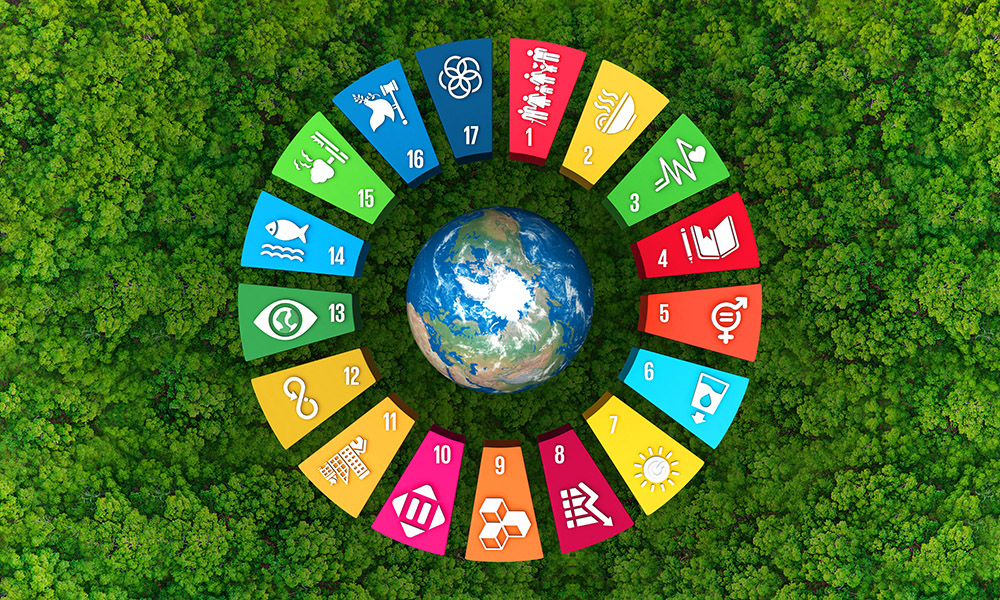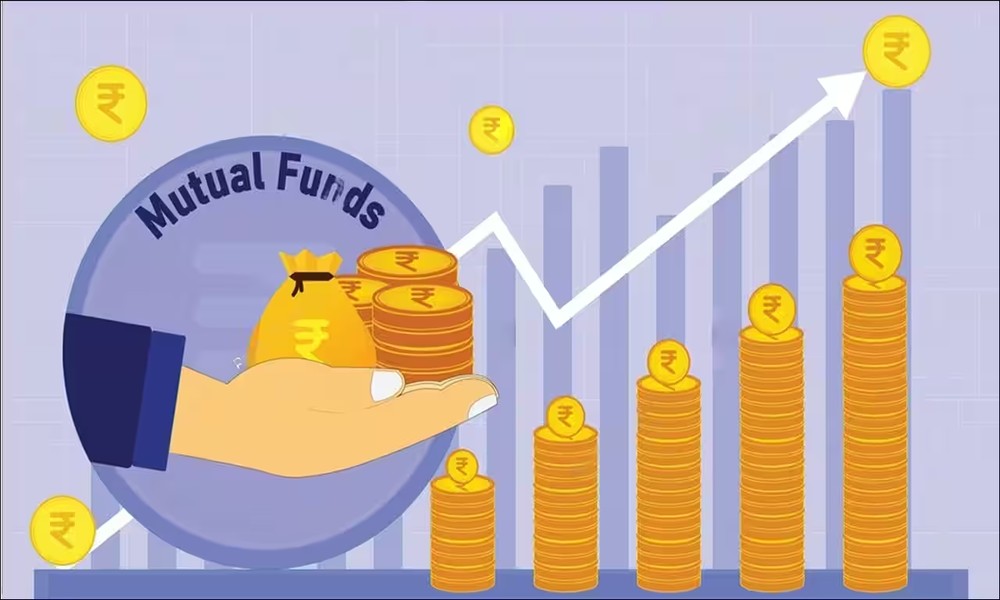
The Sustainable Development Goals (SDGs) are a set of 17 global goals adopted by the United Nations General Assembly in 2015. The goals aim to end poverty, protect the planet, and ensure prosperity for all. Achieving the SDGs requires significant financial resources, and finance plays a critical role in helping to achieve these goals. This article explores the role of finance in achieving sustainable development goals.
Financing the SDGs

The SDGs require trillions of dollars in financing to achieve. The financing gap between the resources needed to achieve the goals and the current funding available is significant. According to the United Nations Conference on Trade and Development (UNCTAD), the financing gap in developing countries alone is estimated to be between $2.5 trillion and $3.0 trillion annually. The private sector has a critical role to play in financing the SDGs.
The Role of Finance in Achieving the SDGs
Finance plays a crucial role in achieving the SDGs. It enables investments in projects and programs that contribute to sustainable development. It can also help mobilize resources, reduce risks, and increase the scale of investments in sustainable development.
1. Mobilizing Resources
Finance can help mobilize resources for sustainable development by attracting private investment. Private sector investment can help fill the funding gap and help countries achieve the SDGs. The private sector can invest in sustainable infrastructure, renewable energy, and other sustainable projects. Finance can also help mobilize public resources by encouraging governments to invest in sustainable development.
2. Reducing Risks
Finance can help reduce risks associated with sustainable development projects. Sustainable development projects often face significant risks, including regulatory and political risks, technological risks, and financial risks. Finance can help mitigate these risks by providing risk-sharing mechanisms, such as guarantees and insurance, which can help attract private sector investment in sustainable development projects.
3. Scaling Up Investments
Finance can help scale up investments in sustainable development. Sustainable development projects often require significant upfront investment, and financing can help increase the scale of these investments. Finance can also help create innovative financing mechanisms, such as green bonds and social impact bonds, which can help attract investment in sustainable development projects.
The Role of the Private Sector in Financing the SDGs

The private sector has a critical role to play in financing the SDGs. Private sector investment can help fill the funding gap and help countries achieve the SDGs. The private sector can invest in sustainable infrastructure, renewable energy, and other sustainable projects. The private sector can also provide financing solutions, such as green bonds and social impact bonds, which can help attract investment in sustainable development projects.
The Importance of Collaboration
Collaboration is essential to achieving the SDGs. Collaboration between governments, the private sector, civil society, and other stakeholders is critical to mobilizing resources, reducing risks, and scaling up investments in sustainable development. Collaboration can also help ensure that investments are aligned with the SDGs and contribute to sustainable development.
Finance plays a critical role in achieving the SDGs. It enables investments in projects and programs that contribute to sustainable development. Mobilizing resources, reducing risks, and scaling up investments are essential to achieving the SDGs. The private sector has a crucial role to play in financing the SDGs, and collaboration is essential to achieving sustainable development.







